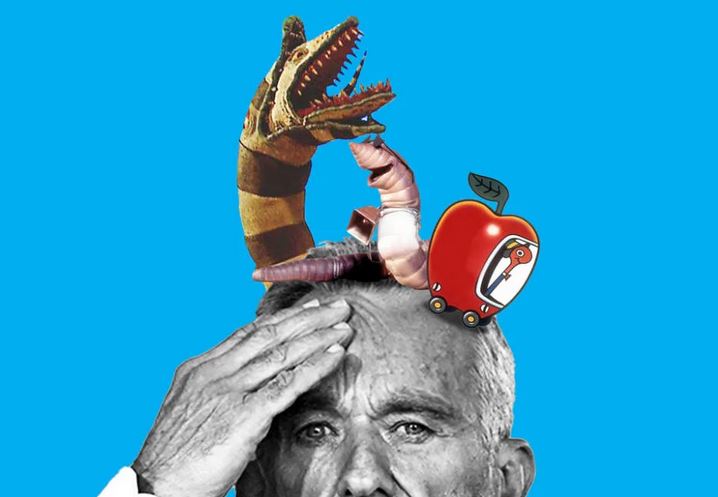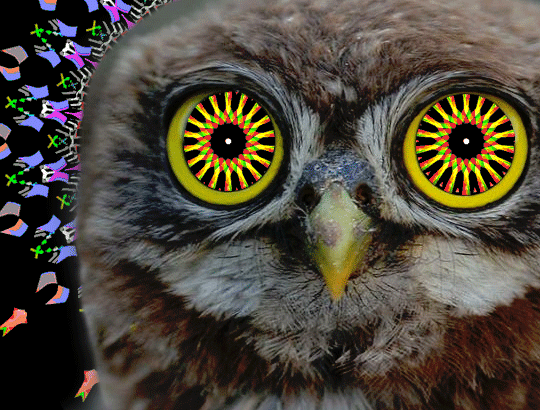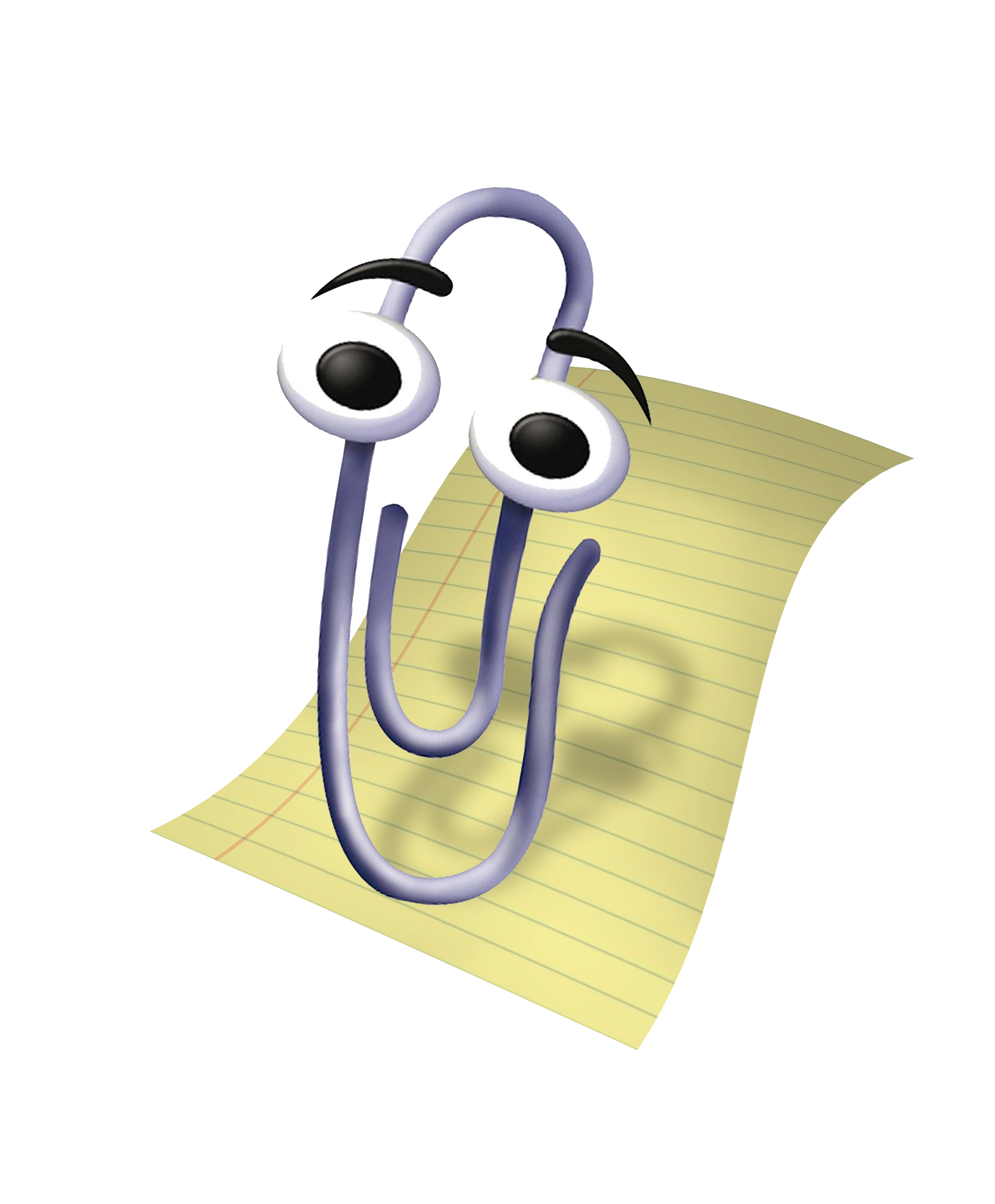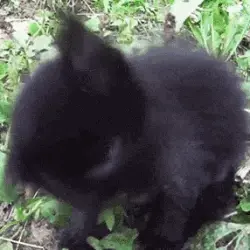https://www.livescience.com/animals/birds/mice-on-remote-island-that-eat-albatrosses-alive-sentenced-to-death-by-bombing-scientists-decree
Invasive mice are devouring albatrosses alive on a remote island in the Indian Ocean, so conservationists have come up with an explosive solution — "bombing" the mice.
Mice have been wreaking havoc on Marion Island, between South Africa and Antarctica, for decades. Humans accidentally introduced the mice in the 19th century, and the rodents have since developed a taste for wandering albatrosses (Diomedea exulans) and other threatened seabirds.
The Mouse-Free Marion Project, a collaboration between the South African government and BirdLife South Africa, is trying to raise $29 million to drop 660 tons (600 metric tons) of rodenticide-laced pellets onto the island in winter 2027, AFP news agency reported on Saturday (Aug. 24).
The project plans to send a squad of helicopters to drop the pellets. By striking in winter when the mice are most hungry, the conservationists hope to eradicate the entire mouse population of up to 1 million individuals.
This place has the weirdest fuckin attitudes about interventions to remediate harms humans have caused to the ecosystem. Yes humans can actually intervene in nature in a positive way! We don't have to just let the biosphere be consumed by invasive species that we've spread to corners of the earth! We know these methods work because we've tried them, not just relied on youtuber/high-school level bio knowledge to speculate about why it would or wouldn't work!
I think it’s partially an emotional thing. Considering some people here see humans and other animals as equals, stuff like
By striking in winter when the mice are most hungry, the conservationists hope to eradicate the entire mouse population of up to 1 million individuals.
can sound downright evil. But handling invasive species absolutely requires measures like this or else the native species and ecosystem will continue to suffer.
Yeah I mean I get that sure. For example I am vegan and I also fuckin love cardinals. Cutest birds/creatures in the entire world in my opinion. I have names for all the cardinals on my street and recognize them individually. However, every single cardinal living on Hawaii has to die. If I personally had to kill one it would probably give me PTSD. I accidentally killed one in RDR2 once and still feel bad about it. But they all gotta go. The way to think about it I guess is that the crime has already taken place. We doomed these creatures as soon as we unleashed them upon the land where they cause all this trouble. And now it's just paying the price for that action which was so easy at the time.
Culling is always more difficult than the people planning culling expect, and I say that with university level zoology knowledge
I admit I didn't read the article when I should have, but it just blows that animals acting entirely within their nature have to suffer and die because of human carelessness. It's really hard to accept there isn't a better way.
I still mean what i said that with $29 million dollars we could find a more humane and ecologically-aware solution. Logistically speaking, I can't think of one right now, but we're smart. I have to believe that we could solve something like this without hurting anyone.
I get that it isn't feasible now and that a plan like is likely to cause less harm in the long run, but it still sucks, you know?
before inserting a bunch of poison into the food web--jesus christ, people still come up with and greenlight these ideas--they should do that thing in the bond movie from the villain speach javier bardam gave.
i doubt it would work, but i really appreciate a completely unhinged villain speech.
Nah, you just need a few oil drums. Once you change the nature of the rats to be cannibals, they will consume the remaining rats. They will no longer eat coconuts. Or albatrosses
I found a YouTube link in your comment. Here are links to the same video on alternative frontends that protect your privacy:
I wonder about the half-life on this poison. Cause theoretically, some stuff could break down before proper bioaccumulation.
Holy fuck that's a bad idea. Anything that eats the mice are going to be fucked. Hawks, eagles, osprey, owls.
Fuuuuck.
??? This is a remote island in the Pacific and the mice are invasive
Do you even know where Marion island is? It's halfway between South Africa and Antarctica. I can assure you, no "Hawks, eagles, ospreyes or owls" are going to be able to reach or fly to Marion island. They don't live there. The bird life that actually lives on the island mainly consists of endangered albatrosses and petrels, which are the birds being preyed on by the mice. Similar rodent eradication plans have been done on similar sized remote islands using the poison and helicopter approach, and have been successful with minimal environmental impact, because most of the birds that live on these remote islands don't eat at land, they eat at sea. The brown skua is the major concern for eating poisoned mice, but their population should bouce back from the ill effects. It's either do nothing and watch the rodents drive the birds to extinction by killing hundreds of thousands of birds a year according to the article (including 8 adult wandering albatrosses), or do something to try save them with a method that's worked before.
Just like the mice humans introduced, that poison won't remain isolated on the island. If it doesn't go into the stomach of an animal, it will leach into the ground or contaminate the ocean.
For $30 million dollars, they could solve this problem in a less extreme way.
nah don't give it to him, give me twenty-eight million nine hundred ninety-nine thousand nine hundred ninety-nine dollars and, i'll tell you
Ah yes, killing a ton of mice. A very easy thing that we know how to do, which is why there are so few mice overall.
Ask the owners of Aoshima (not the human guests there) if they would like holidays with included all you can eat buffet and transport them to that remote island for a few weeks. 🐈
Cats were already used to cull the mouse population in the past. They were successful, but they started preying on the endangered bird life, particularly Petrels, so the cats had to be exterminated. Which is why the mouse population has exploded again.
No one in the comments read the article and everyone just reacted to the headline. The plan to bomb the island with rodenticide from helicopters isn't actually as hair brained as it sounds. Most of the birds in the island feed at sea so they won't ingest the poison, and the invertebrates on the island are unaffected by the poison. It's even worked before on South Georgia island
https://www.swoop-antarctica.com/blog/the-epic-battle-to-make-south-georgia-a-rat-free-haven-for-wildlife/
i think the probability of an evil ad banner layer hiding important parts of the article preventing it from beeing read completely by a subset of readers with some not so common browser(-settings) outdated adblockers, no adblockers or specific not fully successful adblockers, or only blocking in dns a.s.o. is very high as ad layers are always on the top no matter what and ads also use lots of scripting no matter how invasive.
usually ad layers are considered more important by website owners than their actual contents and thus these layers might not be removed/fixed even if they are known(!) to hide the real contents in bad ways.
i have seen pages that only show the first paragraph of their contents if you displayed them in reader mode, circumventing all ad layers and their cookie trap banners at once and bcs of that the pageowners choosed to only show you a fraction of their contents thus visitors only can read it incompletely.
because you don't personally have all browsers, -settings, and adblocker scenarios at hand, you cannot tell or even try how bad a page is made unreadable by ads for any given website or article.
so if pple don't read full articles, its likely just bcs of malicious ads or webpages.
prove me wrong
for me roundabout in the middle of that article an advertising for a newsletter is statically displayed while a very similar ad (maybe exact same) for the very same newsletter is displayed as a top layer preventing further scrolling down the article at some (random?) place while reading it. if that newsletter adlayer pops up with a bad timing one has read a significant part of the article maybe its appearence does not break a paragraph or such an due to that adlayer no further scrolling down is possible thus the reader thinks that was the whole article and just goes back to talk about it without knowing significant parts. maybe its the newsletter ad that prevented ppl from reading the article and you (!) are just an indirect victim of malicious ad placement here.
I appreciate the systemic analysis. That said, I don't really have a stance on why they didn't open it, simply that they didn't.
and i think they opened it, but were just hindered to read "all" of it, which matches your observings while it does not assume bad/unwanted behaviour of participants here as a cause but only a bad webpage which actually was observed. so it matches the observings and likely causes while not suggesting bad actors here other than the webpage which actually was observed to act in a disturbing way. i'ld say thats a way better fit ;-)
Maybe we should reduce human interaction in biomes with threatened creatures instead of... checks notes bombing an island with millions of dollars worth of poison.
How many decades do they think the poison will last?
That's already been done. The only people that live on Marion island are scientists and biologists from South Africa and it's a conservation zone.
How many decades do they think the poison will last?
it really depends on the poison but dawg, decades?? shit breaks down, it's not nuclear waste with a thousand year half life
reduce human interaction in biomes with threatened creatures
does nothing to reduce the human introduced mice from eating birds alive













